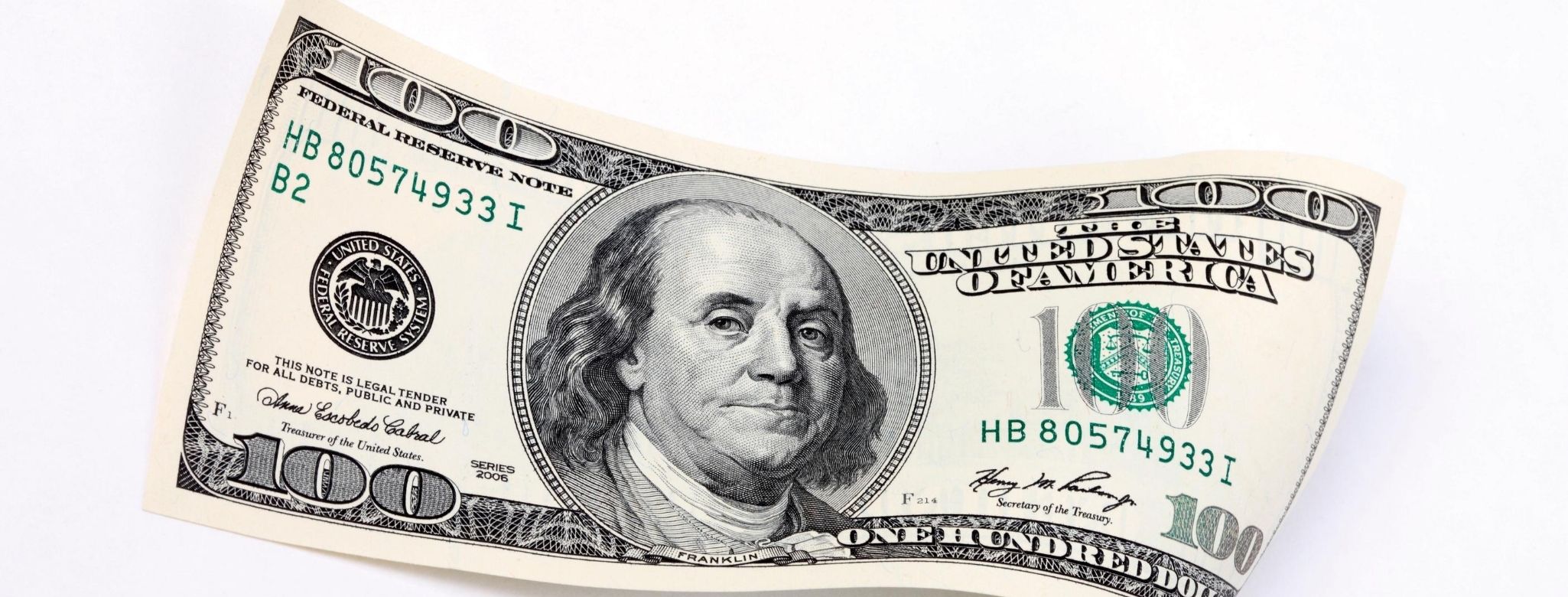Teaching kids about money
Growing up I had very little understanding of what it meant to work for your money, even less on paying bills, and ZERO knowledge on investing.
Thankfully, despite all that, I am a saver by nature.
{This post may contain affiliate links, which means that I may receive a commission if you make a purchase using these links, at no extra cost to you. Full disclosure policy.}
Here are a list of things that I have done or am planning on doing to raise my own money smart kids.

#1 START EARLY
My babies are 2 and 4 and we openly speak about our finances in front of them.
You’d be amazed how much kids can understand at a young age.
I know some people don’t like talking about these kinds of things in front of their kids because they’re in debt, embarrassed, or don’t want their kids telling other people about their financial situation 😉
Your kids don’t need to know every little detail, but understanding the concept that you need to work to make money to buy things will teach your kids the “value” of money.
Every kid should have a money jar so that they can save on their own and learn.
My kids and I had fun making our own glitter money jars.
I am a big fan of save, spend, share money jars because it teaches kids how to make their own money smart decisions.
#2 GET THE RIGHT RESOURCES
I consider myself to be moderately knowledgeable when it comes to finances, but with time and technology things changes. If you don’t have the answer or aren’t sure how to present certain information to your kids, these books may help.
I am recently on a quest to read every financial, “get rich” book I can get my hands on. Rich Dad, Poor Dad has become one of my favorite money books that is a must-read for anyone who wants to improve their finances.
According to author Kiyosaki, “The poor and the middle class work for money. The rich have money work for them.”
This book is great for kids and parents because it teaches the importance of building assets and setting up your financial future.
Click the photo to learn more.
Dave Ramsey (renowned author of Total Money Makeover) and his daughter, Rachel Cruze, co-wrote Smart Money, Smart Kids. It teaches the basics on teaching kids about money and then goes into the more challenging topics such as debt and student loans.
Make Your Kid a Money Genius (Even if You’re Not), goes over debt, insurance, investing, college, and donating. Covers financial topics relevant at different stages in life.
Try Amazon’s Audible for free for 30 days and score 2 free audiobooks.
#3 LEAD BY EXAMPLE
Do you buy things on a whim or do you shop around and use cash back apps such as Ebates?
If your kids see you make money-smart decisions they will be more likely to do the same.
If they see you get everything you want by putting it on credit card they will think they can do the same.
I enjoy paying for the majority of our purchases with credit card because we earn cash back and I can use that money to get gift cards or put towards our credit balance.
Once my kids are just a tad older I will explain to them what it means to put something on plastic.
Get a $10 welcome bonus when you sign up to Ebates using this link.
#4 LET THEM BUY THINGS
When you go to the store and your kids want to buy something have them use their own money.
It’s easy for someone to spend money that isn’t their own.
This is how they will learn to save up their money for things they really want. It will also let them visualize the relationship between an item and the time it takes to earn the money that the items costs.
It might take them one day of yard work to save up enough money, but if it takes them a few weeks of chores they may be a little more tight with their hard earned cash.
The skill of negotiating is also a good financial skill for kids to learn, which can be taught at flea markets and garage sales. It doesn’t hurt to ask.
#5 SHOULD KIDS GET AN ALLOWANCE
My parents gave my sisters and I money when they felt we needed it.
We didn’t get paid to do chores, but weren’t expected to do them either.
My kids help me do certain chores such as sorting laundry, picking up their toys, and emptying the dishwasher, all great ways to raise a more independent child.
Teaching kids that chores and tasks have value will teach them about money very fast. Giving them an allowance does not teach them the value of working.
If you want to have balance, give your kids money for necessities, but make them work for extra money for things they want.
#6 GAMES
Games are a fun way to make financial literacy for kids a little easier to understand.
Monopoly, Lakeshore Allowance Game, and Money Bags are just a few games that teach counting money, building assets, and making change.
#7 OPEN A SAVINGS ACCOUNT
There are a lot of banks that offer kids’ savings accounts. Kids can get their own mini account book and watch their money grow or decrease.
When kids have their own savings account they feel more like an adult. As they get older they can gradually learn how to actively manage the money more on their own.
#8 BUDGETING
I’m not saying kids need to have a written budget regarding their finances, but teaching them what a budget is and its purpose will set them up for financial success.
The main thing I was taught when growing up is that saving money is important, but not much past that.
When I got married I continued to save money, but not as much as I should have been because I constantly overspent on groceries, my “new” car purchase, and transportation.
Budgeting will give your kids an overall financial picture of where and how money flows.
#9 DONATE
I want to teach my kids how to be smart with money so that they can take care of themselves and also take care of others.
Dave Ramsey says when you have more you can give more.
Pick out a cause important your family or one of your child’s choosing and allow them to gift a monetary donation.
I know my kids would want to donate to the ASPCA because they love animals. Seeing money be used not just for the bills, but also for improving someone else’s life will give them a different perspective.
Teaching your kids about money is an ongoing process, but gradually showing them new things will ensure it sticks with them when they get older.
I don’t expect my kids to have the same values and beliefs as I do when it comes to finances, but I want them to have every opportunity and the knowledge to make their own money-smart decisions.
What are you doing to make your kids smarter with money?
Don’t forget to pin for later!











